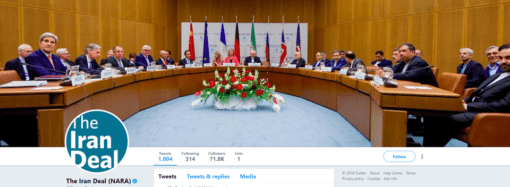Note: This post was originally published on the blog of the Cambridge Review of International Affairs and was co-authored with Corneliu Bjola.
In 1988, Robert Putnam conceptualised diplomatic negotiations as a two-level game in which national and international politics often collide. In this framework, constituents and interest groups (labour unions, activist groups, etc.) pursue their interests at the national level by pressuring the government to adopt favourable policies. At the international level, governments attempt to meet the pressures and demands of their domestic constituents, while at the same time minimising the possible adverse impact of developments abroad. The interaction between the two levels manifests in the fact that a leader who ignores domestic pressures or who favours domestic politics above international issues will be unable to successfully ratify or negotiate a treaty at the other level. Thus, as Putnam argues, ‘the political complexities for the players in t..
